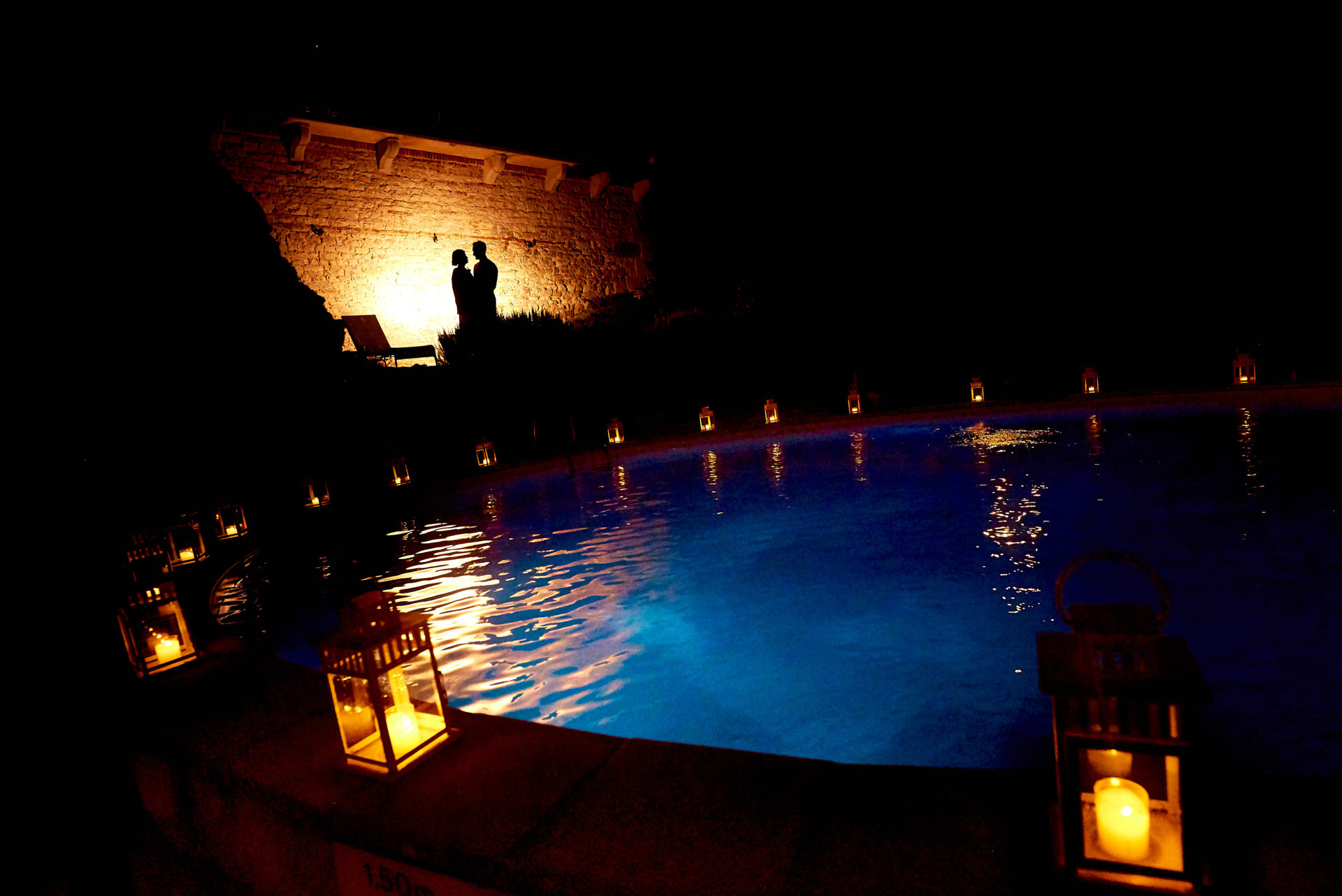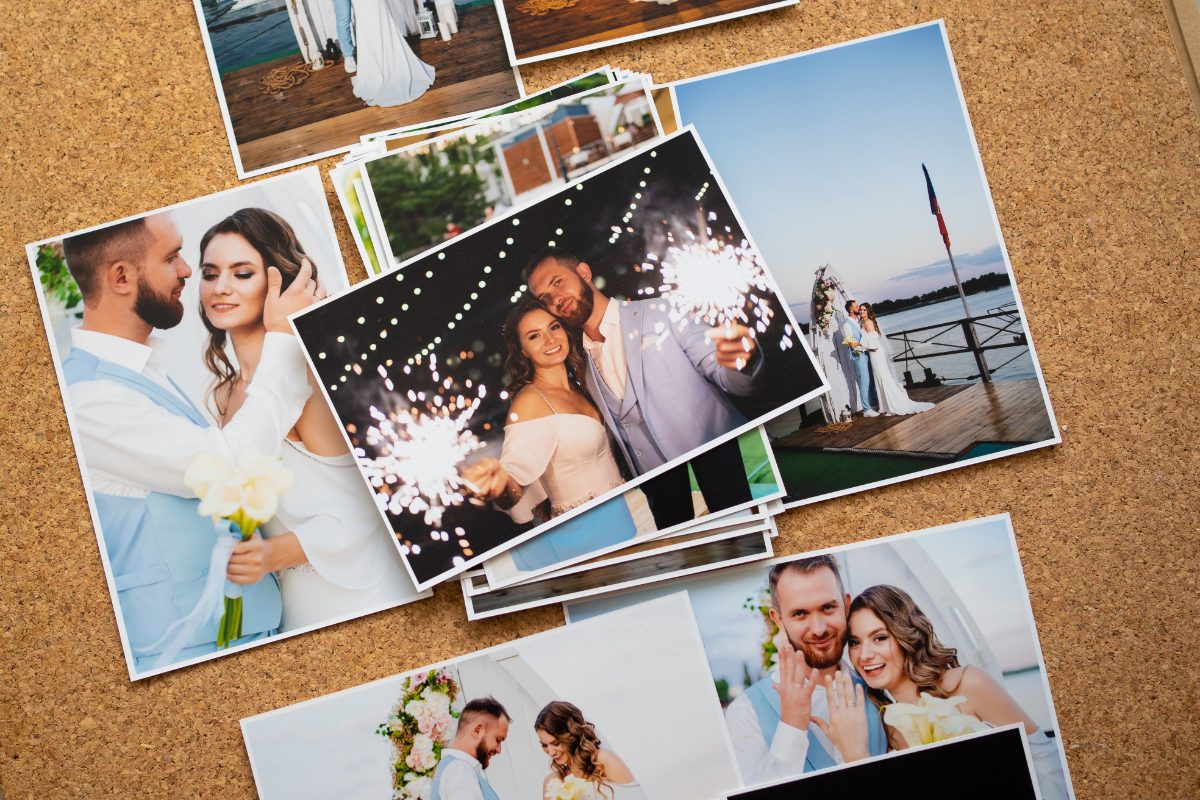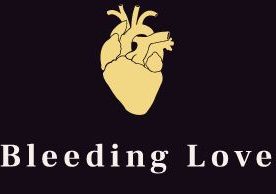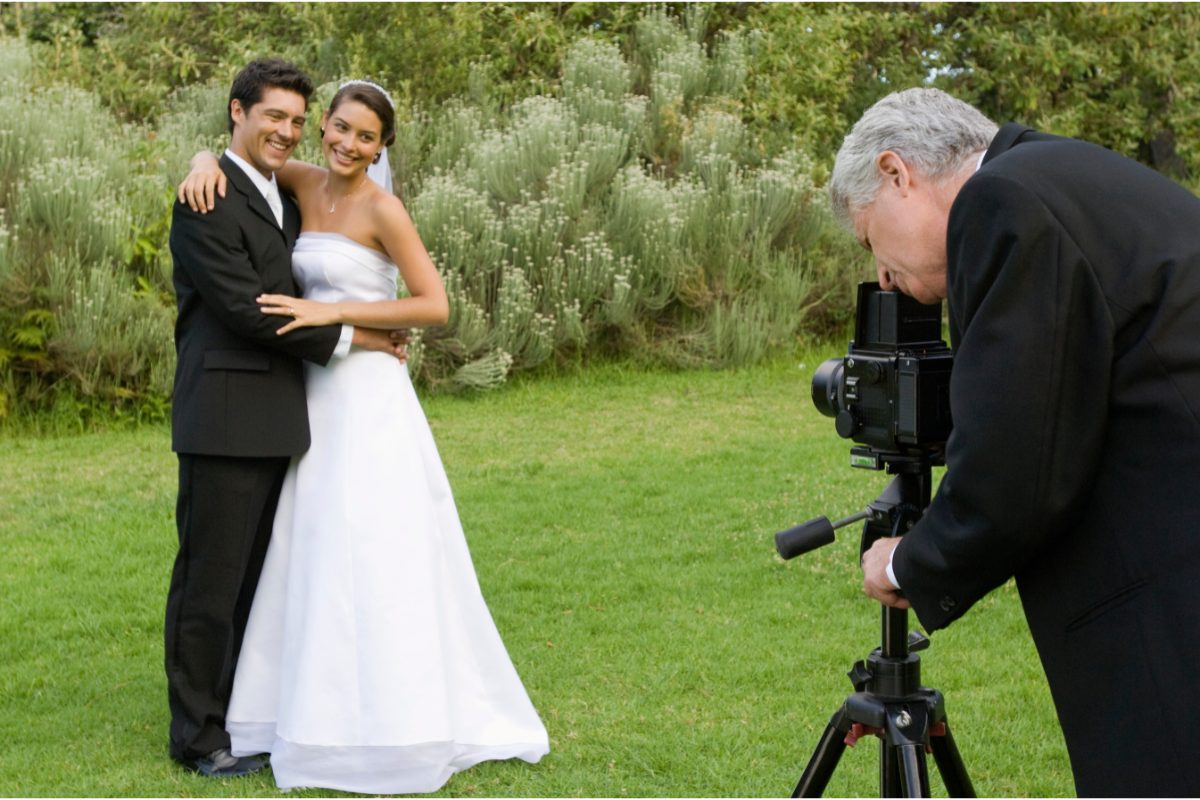Les clés pour réussir votre séance photo de mariage à Clermont-Ferrand
Le jour de votre mariage est l’un des moments les plus importants de votre vie, et avoir des photos de qualité pour immortaliser cet événement est primordial. Préparer en amont une séance photo de mariage réussie est donc essentiel pour obtenir des images à la hauteur de vos attentes et garder un merveilleux souvenir de cette journée. Découvrez nos conseils pour organiser et préparer au mieux cette étape de votre mariage.
Trouver le photographe idéal à Clermont-Ferrand
À la recherche du photographe idéal pour votre mariage à Clermont-Ferrand ? Découvrez un artiste de la photographie de mariage, dont l’expertise et la passion sont reconnues depuis 2012. Avec une spécialisation en photojournalisme, ce photographe transforme chaque mariage en un véritable documentaire, capturant l’essence de chaque instant avec une authenticité remarquable.
Ce professionnel débute sa journée avec vous, dès les premiers préparatifs, et reste jusqu’à l’écho des dernières notes de la soirée, souvent jusqu’à 1h du matin. Sa présence durant ces longues heures lui permet de saisir non seulement les grands moments, mais aussi ceux de pure joie et émotion, une fois le stress des préparatifs envolé.
Lors des discours, moments forts en émotions, son talent pour capturer les larmes de joie et les rires sincères brille particulièrement. Ces instants, où l’amour et la complicité s’expriment librement, sont immortalisés avec une sensibilité et une finesse qui reflètent le talent unique de ce photographe.
Et pour couronner le tout, une séance photo de couple nocturne offre un cadre magnifique et romantique, mettant en scène le couple sous les étoiles, avec le lieu de réception élégamment éclairé en arrière-plan. Ces images nocturnes ajoutent une touche de magie, capturant l’essence même de l’amour et de la fête.
N’hésitez plus, faites le choix d’un Photographe mariage Clermont-Ferrand qui transformera votre mariage en un ensemble de souvenirs inoubliables. Pour un reportage photo qui retranscrit chaque moment de votre journée avec fidélité et beauté, ce photographe est le choix idéal.
Choisir le lieu et l’horaire de la séance photo
Après avoir trouvé le photographe idéal, il est temps de définir le lieu et l’horaire de votre séance photo. Le choix du cadre doit être réfléchi en fonction de vos goûts et de ceux de votre conjoint(e). Que vous optiez pour un décor naturel comme un parc ou une plage, un monument historique ou encore un endroit qui a une signification particulière pour vous deux, n’oubliez pas de prendre en compte la lumière qui influencera grandement le résultat final des photos.
Le lieu
Assurez-vous que le lieu choisi corresponde à vos attentes et au style de mariage que vous souhaitez. Quelques lieux à envisager pour votre séance photo de mariage peuvent être :
- Un parc : choisissez un parc avec de beaux arbres, de l’eau ou encore de jolis chemins pour créer différentes ambiances lors de la séance.
- Une plage : les plages offrent toujours un cadre romantique et intemporel, idéal pour des photos de mariage réussies.
- Un monument historique : certains monuments peuvent apporter une touche d’élégance et de prestance à vos photos.
- Un lieu chargé d’histoire pour vous : pensez à choisir un endroit qui évoque des souvenirs communs ou représente quelque chose de spécial pour vous.
L’horaire
Le choix de l’horaire est également crucial pour une séance photo réussie. Une bonne connaissance des horaires de coucher et de lever du soleil, ainsi que des conditions météorologiques prévues pour le jour J, vous permettra de bénéficier d’une belle lumière naturelle pour votre shooting. L’heure dorée, soit environ une heure avant le coucher du soleil, est particulièrement appréciée pour son atmosphère chaleureuse et sa lumière dorée.

Collaborer avec le photographe
L’essentiel pour réussir votre séance photo de mariage est d’établir une véritable collaboration entre vous, votre futur(e) époux(se) et le photographe. Avant le jour J, n’hésitez pas à discuter avec lui des différents styles qui vous plaisent afin qu’il puisse s’adapter au mieux à vos souhaits lors de la séance.
Communiquer sur vos attentes et vos goûts
Faites part de vos envies ou montrez quelques photographies de mariage qui vous ont inspiré à votre photographe. Cela permettra à celui-ci de comprendre ce que vous attendez de lui et de mieux connaître l’esprit du mariage que vous désirez.
Échanger avec le photographe après la séance
N’hésitez pas à donner un retour d’information au photographe après avoir visionné les photos de la séance. Si certaines images ne vous plaisent pas totalement, discutez-en avec lui afin de trouver des solutions pour améliorer cela lors de retouches éventuelles ou pour éviter ces erreurs le jour J.
Organiser le déroulé du shooting
Pour profiter pleinement de votre séance photo de mariage tout en étant détendu et à l’aise, il est important de planifier en amont le déroulé de cette dernière. En voici quelques conseils :
- Prévoir le temps nécessaire : veillez à allouer suffisamment de temps à votre séance photo pour ne pas vous stresser inutilement. Prévoyez une durée d’au moins 1 h 30 en fonction du nombre de lieux et des différentes poses souhaitées.
- Élaborer un plan : avant la séance, élaborez un plan en accord avec votre photographe qui détaillera le déroulé de celle-ci afin que tout se passe au mieux lors du shooting.
- Mettre en place un débriefing : après la séance, prenez le temps de faire un point avec votre photographe sur les aspects positifs et négatifs de cette dernière. Cela permettra de tirer des enseignements pour le jour J.

Se préparer de manière optimale pour la séance photo
Pour obtenir les meilleurs résultats possibles lors de votre séance photo de mariage, il est important de bien vous préparer. Voici quelques conseils pratiques pour être fin prêt(e) le jour du shooting :
- Les tenues : optez pour des vêtements dans lesquels vous êtes à l’aise et qui correspondent au thème ou à l’esprit que vous souhaitez donner à vos photos de mariage. N’hésitez pas à emporter plusieurs tenues si nécessaire pour varier les styles et les ambiances lors du shooting.
- La coiffure et le maquillage : profitez de cette séance pour réaliser un essai de votre coiffure et de votre maquillage, ou de tester certains accessoires. Cela vous permettra de vous assurer du rendu final le jour J.
- Les accessoires : n’oubliez pas d’emporter les accessoires qui ajouteront une touche personnelle à vos photos (parapluie, bulles de savon, ballons…).
En suivant ces conseils et astuces, votre séance photo de mariage sera un moment inoubliable et vos photographies refléteront au mieux cette journée exceptionnelle. Pensez donc à vous organiser en amont pour éviter stress et surprises le jour du shooting, et profitez de chaque instant passé devant l’objectif du photographe.
- Céline Prenassi L'Album De Notre MariageBinding : Gebundene Ausgabe, Label : Gründ, Publisher : Gründ, medium : Gebundene Ausgabe, publicationDate : 2011-04-28, authors : Céline Prenassi, languages : french, ISBN : 2700031784
- Panodia Album photo traditionnel Bohème 600 photos 10x15L’Album photo vierge traditionnel est parfait pour mettre en valeur et protéger vos souvenirs de mariage. Ce grand album photo de 100 pages vous permettra de coller jusqu’à 500 photos 10x15 cm. Personnalisez votre album en collant vos photos 10x15 cm, 11x15 cm, 11,5x15 cm ou toutes autres tailles sur les pages de l’album et en inscrivant vos dates/anecdotes. Vous êtes libre de choisir le nombre et la taille des photos sur chaque page. L’album peut contenir jusqu’à 5 photos 10x15 cm sur une page. Un feuillet cristal protège chaque page et évite que les feuilles ne se collent entre elles. Laissez parler vos envies ! Votre album photo 500 photos mesure 360x335x58 mm et dispose de 100 pages blanches ivoires. L’album photo Bohème dispose d’une grande capacité, d’une couverture beige en toile, illustré par un cœur pour un côté nature et romantique. Pour protéger vos souvenirs tout en élégance, la reliure et les pages de l’album sont qualitatives et résistantes. La collection Bohème propose des albums photos vierges traditionnel et pochettes personnalisables, avec un style sobre et bohème, design complètement adapté pour des photos de mariage, de fiançailles ou de famille et que vous garderez très longtemps. Conçu par la marque Panodia, référence historique pour le classement et la protection des photos. Panodia est une marque de Ceanothe. Depuis 1975, Ceanothe perfectionne au quotidien son savoir-faire et expertise sur l’encadrement, la mise en valeur photographique et la décoration murale. Une société française engagée dans une démarche éco-responsable.
- Exacompta Album photo à spirales 50 pages blanches La Vie en Rose - VisuelCet album aux motifs floraux et aux couleurs pâles s'accordera parfaitement avec votre mariage bucolique romantique et sublimera les photos du plus beau jour de votre vie.<br/>L'album à spirales 32x22cm est un format pratique et esthétique avec sa couverture papier imprimé recouvert d'un film de protection mat pour assurer une excellente résistance aux chocs et une durabilité dans le temps.<br/>Il dispose également d'une bonne capacité de présentation photo pour tous formats à coller, en particulier pour présenter des agrandissements.<br/>Avec son papier de haute qualité, cet album permet une excellente conservation des clichés.<br/>Les pages intérieures de l'album sont ré alisées en carte blanche rigide 250g/m2.<br/>Cet album hautement écologique a été designé et fabriqué à 100% dans nos sites situés en France.<br/>La capacité de l'album la Vie en Rose au format 32x22cm et 50 pages est de 150 photos 10x15cm. - Offre exclusivement réservée aux professionnels
- Mariage Frères Le Voyage Du Thé. Album Chinois Du Xviiième Siècle (Bibliotheque Im)Binding : Taschenbuch, Label : Bibliothèque de l'Image, Publisher : Bibliothèque de l'Image, medium : Taschenbuch, publicationDate : 2003-02-16, authors : Mariage Frères, languages : french, ISBN : 291466155X
- Exacompta Album photos à vis 40 pages blanches - Format 37x29cm - CHAMPÊTRE - VisuelQUALITE : papier de haute qualité qui permet à cet album une excellente conservation des clichés.<br/>Les pages intérieures de l'album sont réalisées en carte blanche rigide 250g/m2.<br/>Album imprimé avec un effet papier texturé et un motif floral.<br/>MOTIF nature et floral ultra tendance pour un mariage bohème chic.<br/>L'album à vis est parfait pour présenter des photos de tout format portrait ou paysage jusqu'au très grand agrandissement<br/>PRESENTATION : haut de gamme avec feuilles protectrices cristal qui permettent de coller face à face des photos sans altérer leur qualité<br/>CAPACITE : 160 photos.<br/>On peut l'augmenter en ajoutant des feuillets.<br/>Format 37 x 29 cm.<br/>40 pages blanches.<br/>FABRICATION : produit de fabrication 100% française - Offre exclusivement réservée aux professionnels
- Exacompta Album photo livre 30 pages blanches Skandi - Vieux roseOriginaux grâce à leur couleurs tendances sublimées par une couverture recouverte d'un velours très agréable au toucher, les albums Skandi seront un écrin parfait et sobre pour vos photos de famille, de vacances, et même de mariage.<br/>La fenêtre de personnalisation habillée par un visuel d'un paysage aux couleurs tendances contribue au caractère unique de ces albums et vous permet d'adapter votre album à l'application que vous souhaitez lui donner.<br/>Les pages intérieures de l'album sont réalisées en carte blanche rigide 250g/m2.<br/>Avec son papier haute qualité, cet album permet une excellente conservation des clichés.<br/>L'album livre 25x25cm, 30 pages blanches permet de classer 60 photos de format 10x15cm.<br/>Le design de l'album a été créé à Paris et ce produit est fabriqué à 100% dans nos usines en France.<br/>Ce produit possède une dimension hautement écologique grâce à sa certification FSC® et constitue une option de choix si vous cherchez un produit de qualité et durable. - Offre exclusivement réservée aux professionnels

